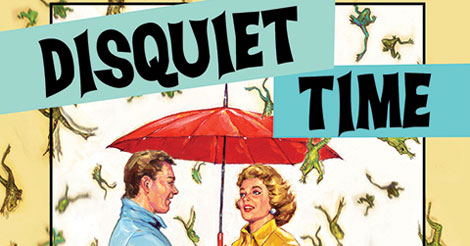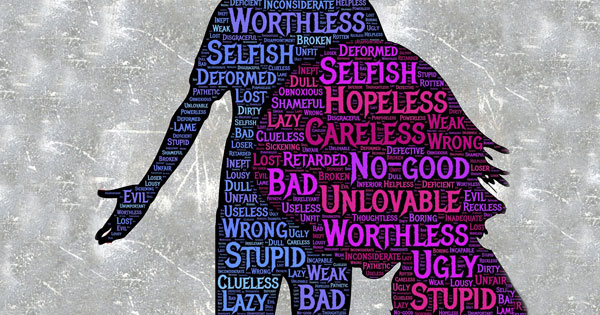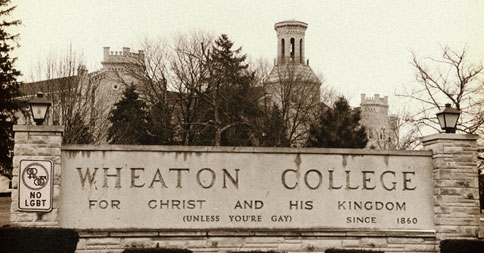Christians have an equivocal relationship with the Bible.
Some view the Bible as the absolute, authoritative, inerrant, infallible Word of God, but yet often fail to read it. New Testament scholar Bart Ehrman recounts that the majority of his students believe that the Bible is “the inspired Word of God,” yet far more of them have read the entire Harry Potter series than have read the entire Bible. He concludes that “my students have a much higher reverence for the Bible than knowledge about it.”
At the other end of the spectrum are those who claim to follow Jesus, yet dismiss the Bible as a slapdash amalgamation of outdated and naive writings that have little direct relevance to our lives today. For them, there may be some inspiration to be found in a few of Jesus’ sayings, but modern life is best lived not in light of Scripture, but at a good distance from it.
For many Christians, the best approach to the Bible is to simply avoid it: it’s too confusing, too long and far too messy. It’s been, they feel, the source of too much pain and suffering. It harbors memories of bad sermons and abusive childhoods. It’s been used — and continues to be used — to support the marginalization of countless people based solely on their race, gender or sexuality.
For many Christians, reading the Bible — the very same Bible that has served as the central text of the Christian faith for thousands of years — is a task reserved for fundy wackos or ivory-tower scholars.
The just released… [Read more…] about Reading the Bible like a cowboy riding an ostrich into the sunset






